Ethics: Kantian Ethics
1/39
There's no tags or description
Looks like no tags are added yet.
Name | Mastery | Learn | Test | Matching | Spaced | Call with Kai |
|---|
No analytics yet
Send a link to your students to track their progress
40 Terms
Categorical Imperative
An unconditional moral obligation which is binding in all circumstances.
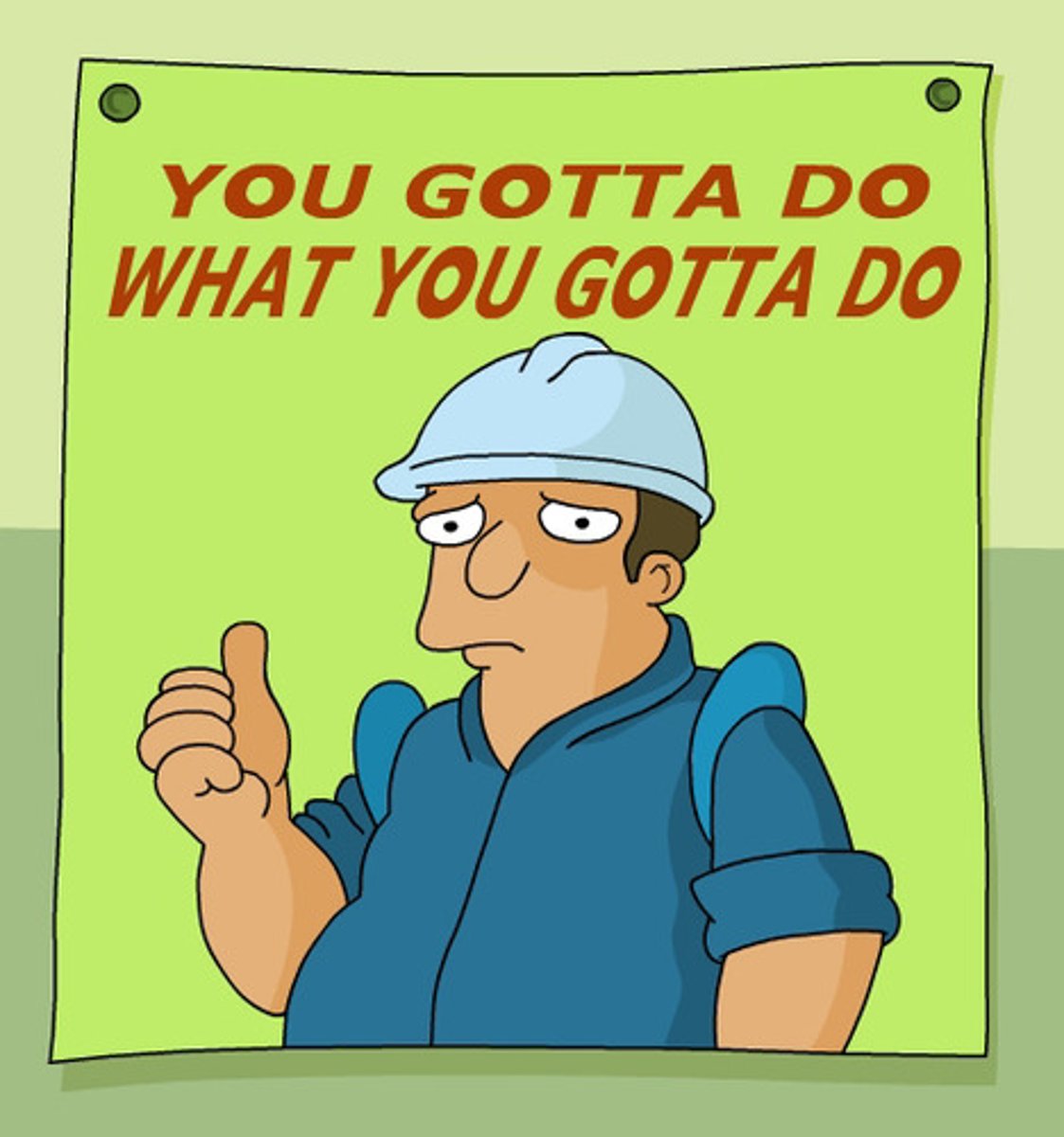
Who established Kantian Ethics?
Immanuel Kant
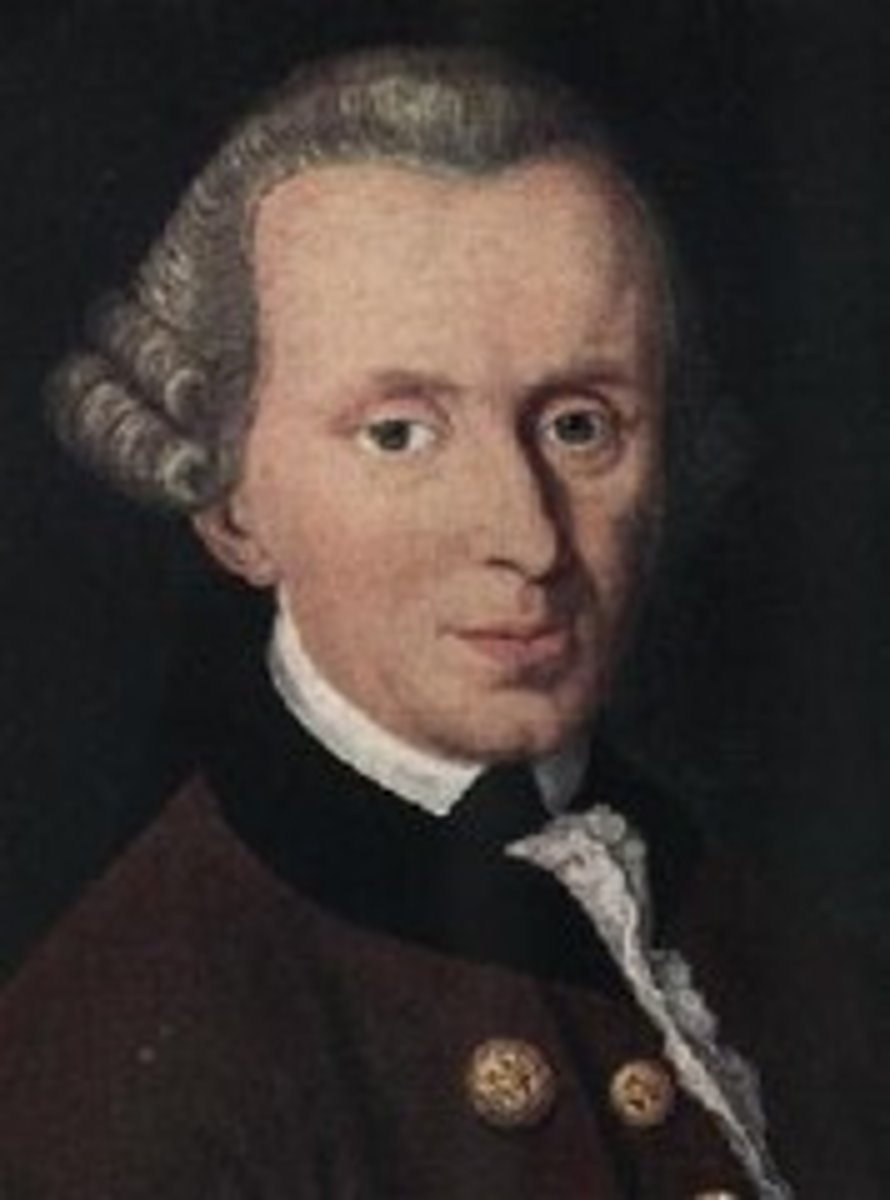
When was Kantian ethics established?
Late 18th Century
Where was Kantian ethics established?
Primarily in his works "Groundwork of the Metaphysics of Morals" and "Critique of Practical Reason."

What is the categorical imperative NOT dependent on?
A person's inclination/purpose.
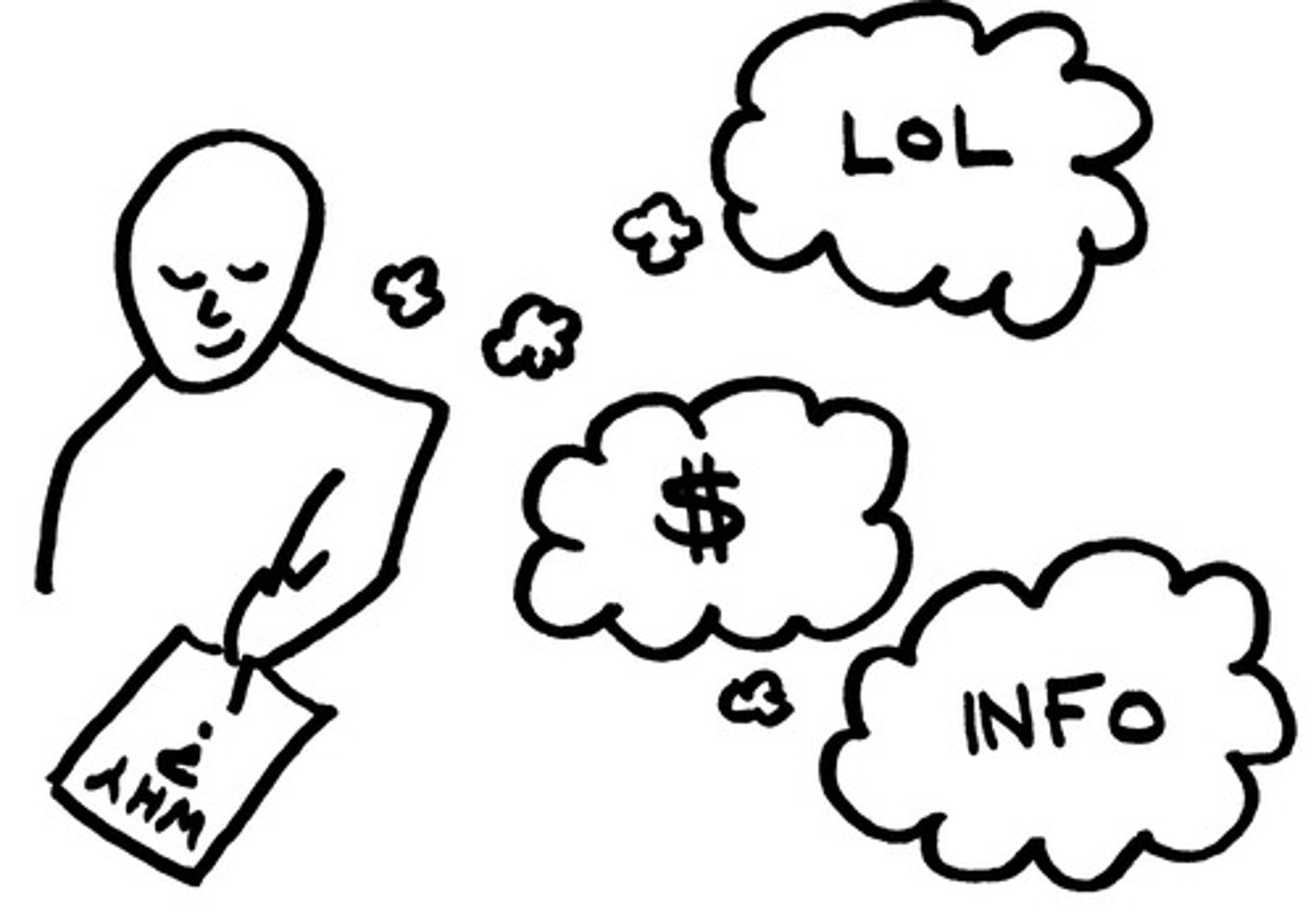
Three Formulations of the Categorical Imperative
- Universality
- Practical Imperative
- Kingdom of Ends
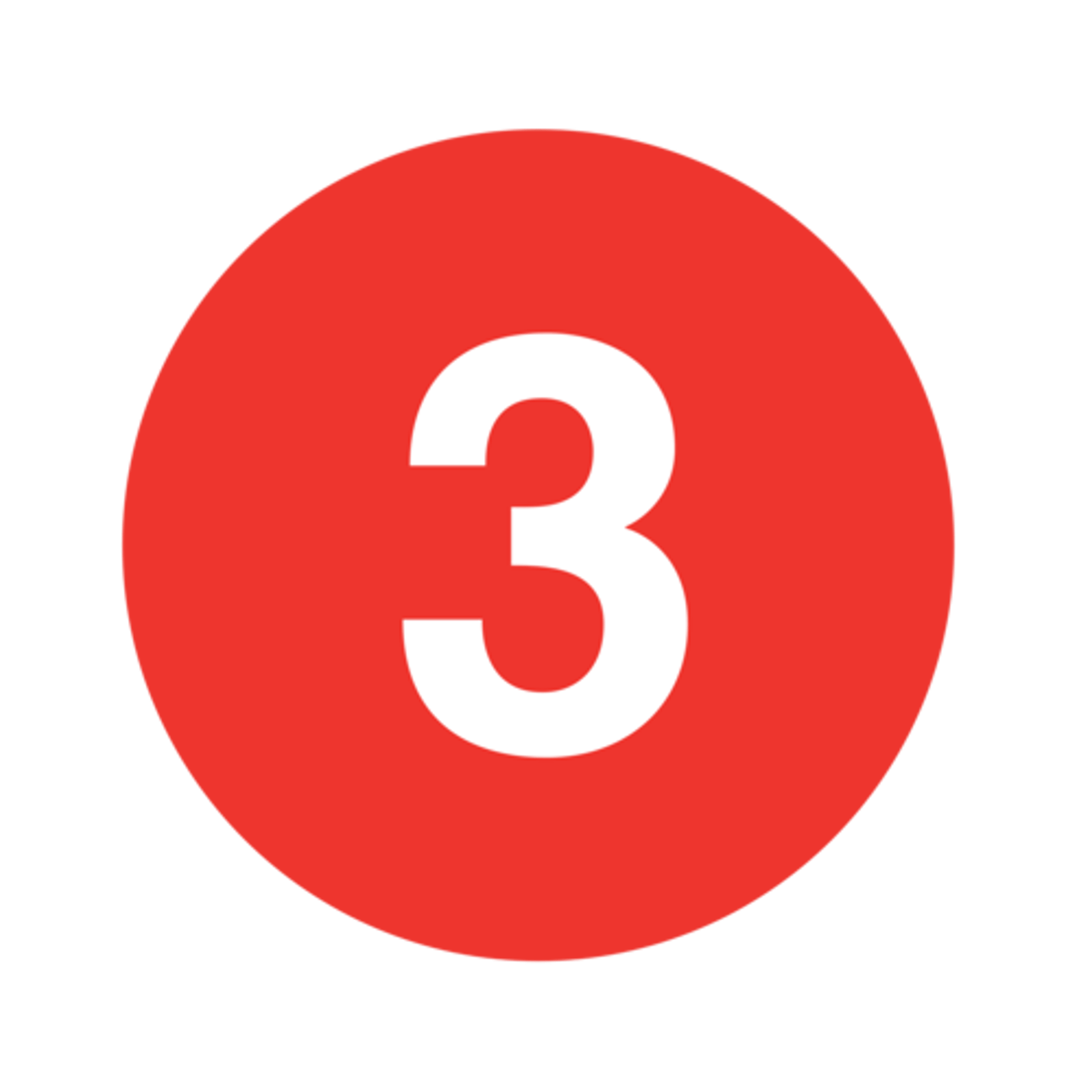
Universality Formulation
Only acting on principles (also known as a 'maxim') that everyone can follow without contradiction.

Maxim
A general truth or rule of conduct
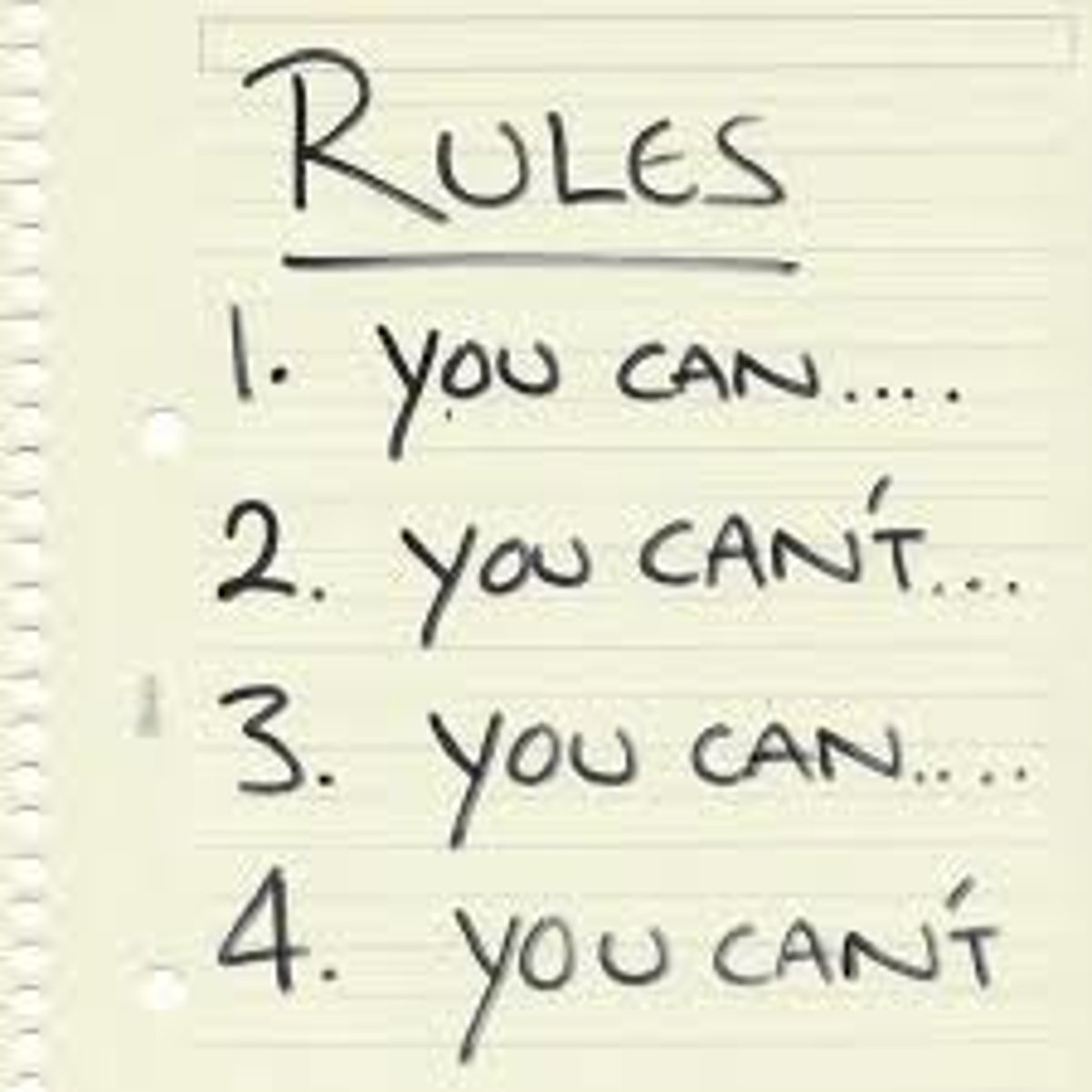
Example of universality formulation failing
Making false promises/lying

Practical Imperative formulation
Treating people not as means to ends, but as ends in themselves.

Practical Imperative simple definition
Don't use people as a way to get what you want/need.
Example of practical imperative formulation failing
Being friends with a wealthy person to get money/expensive gifts from them.

Kingdom of Ends formulation
- Acting as law-making members of a universal, hypothetical kingdom of rational beings
- Where everyone is treated as an end in themselves.

What type of ethical theory is Kantian Ethics?
Deontological
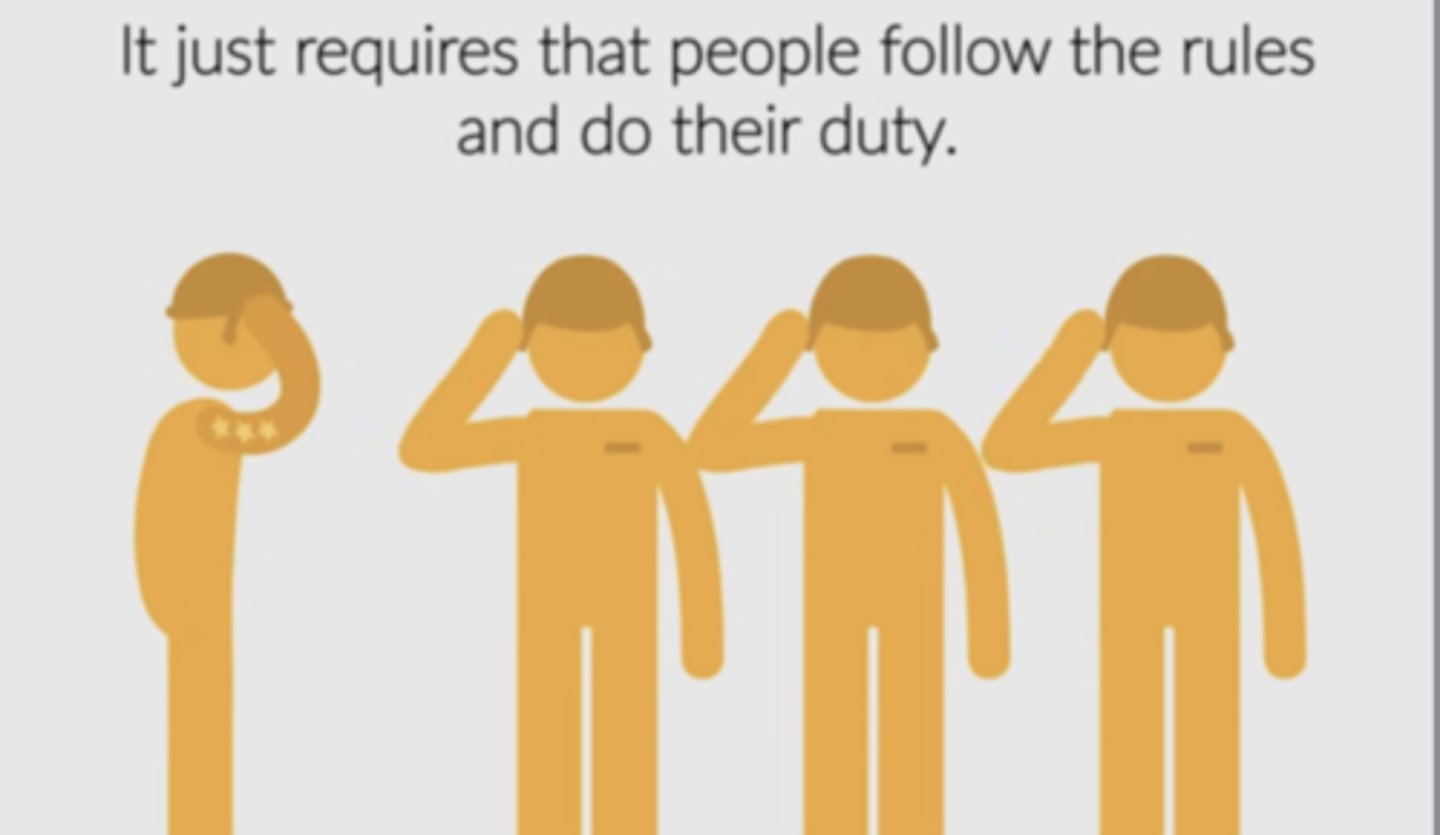
What did Kant believe separated human beings from the rest of creation?
Rationality/Reason

Relationship between rationality and morality according to Kant
Rationality requires us to be moral.

What part of moral decision making does Kantian Ethics focus on?
Intention
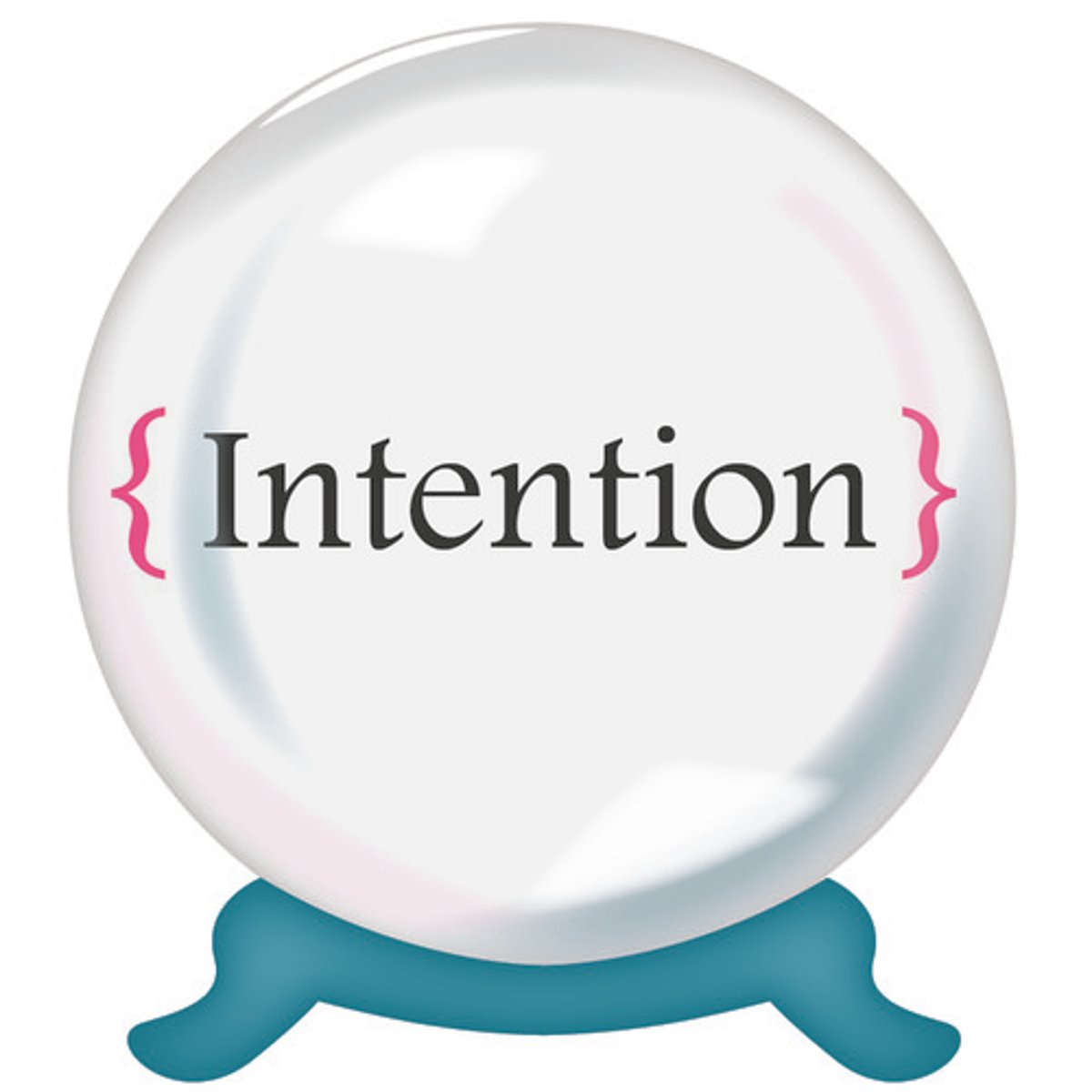
What is the one thing that can be regarded as good "without qualification"?
A good will
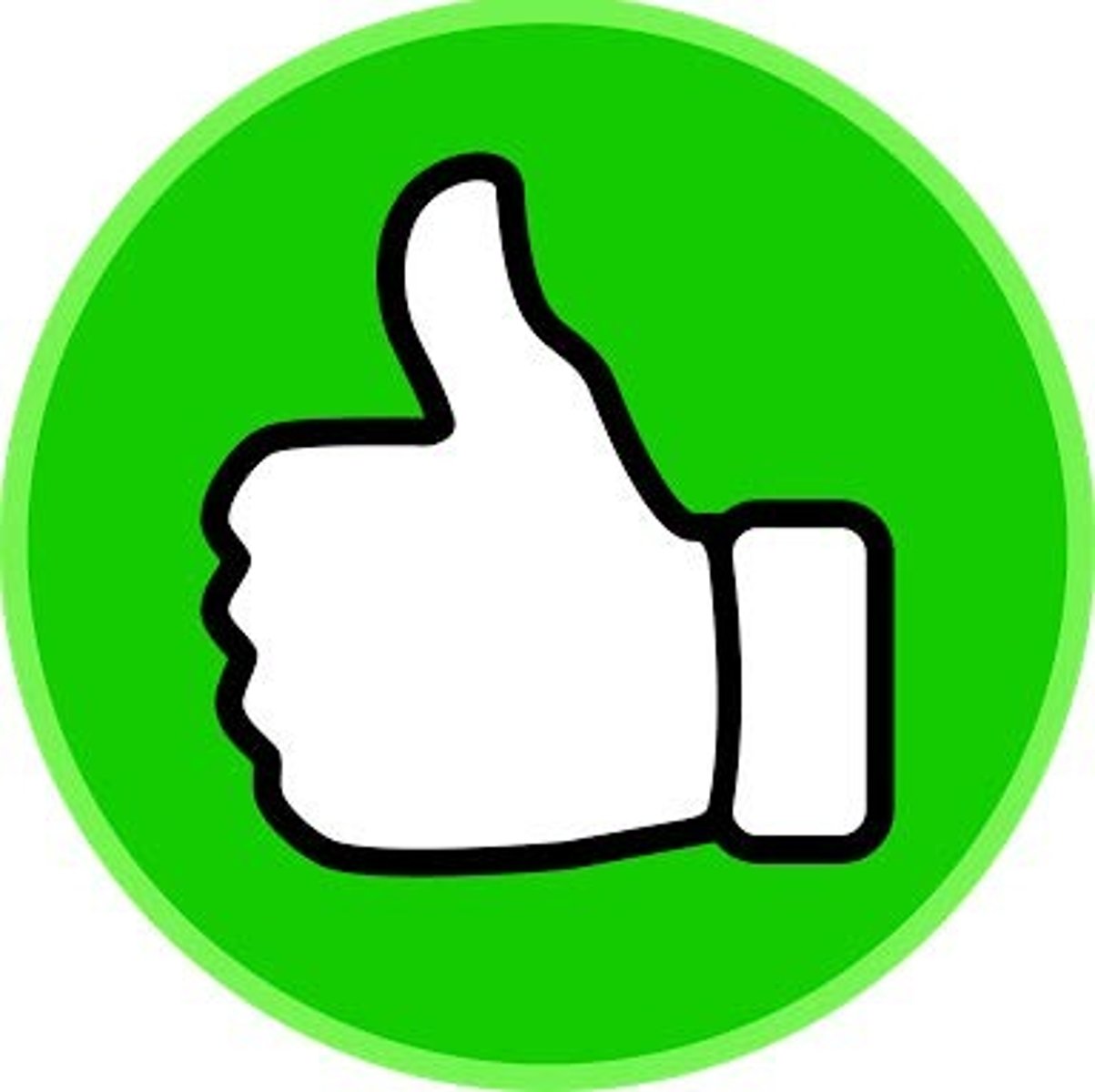
"The autonomy of the will is the sole principle of all moral laws and of the duties conforming to them..."
Quote from Kant about the good will
What are we all aware of having ?
A sense of moral obligation / morality according "ought"
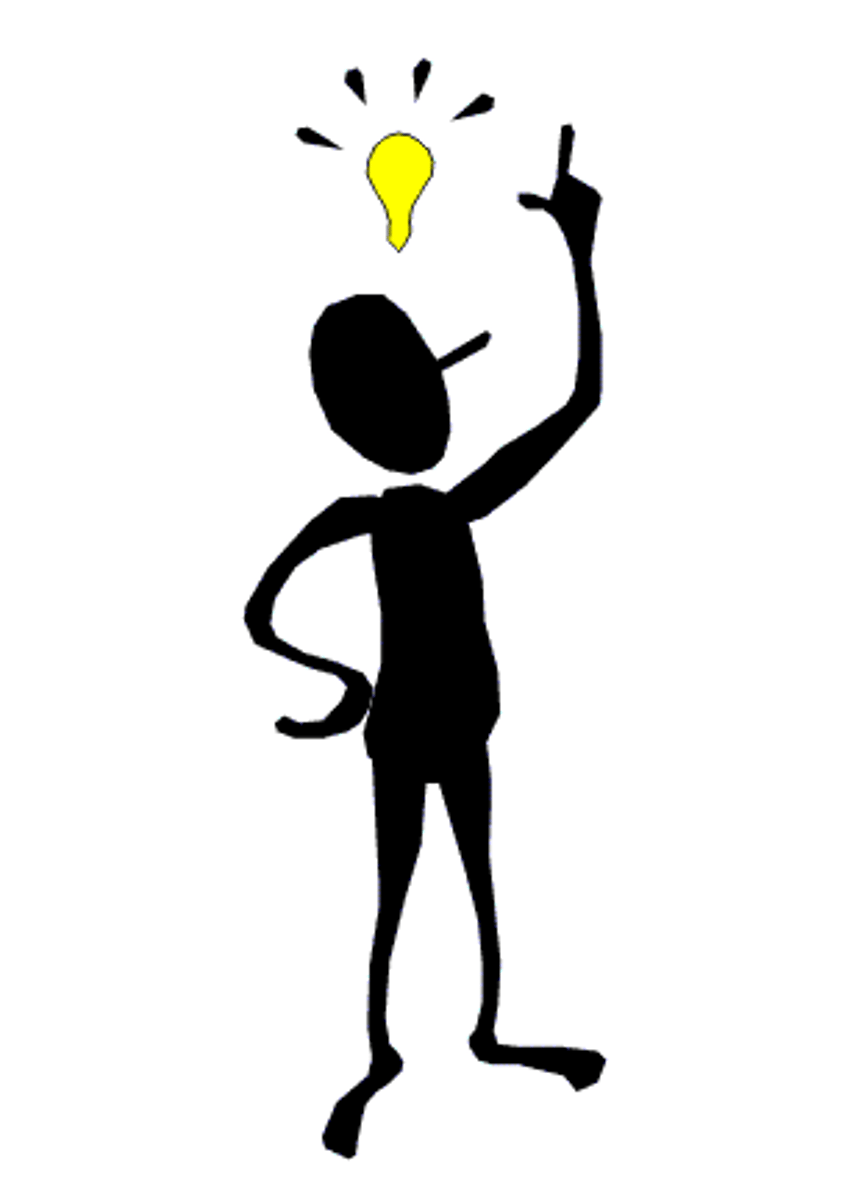
Moral obligation / "ought"
To believe there is something we "ought" to do, regardless of consequences.
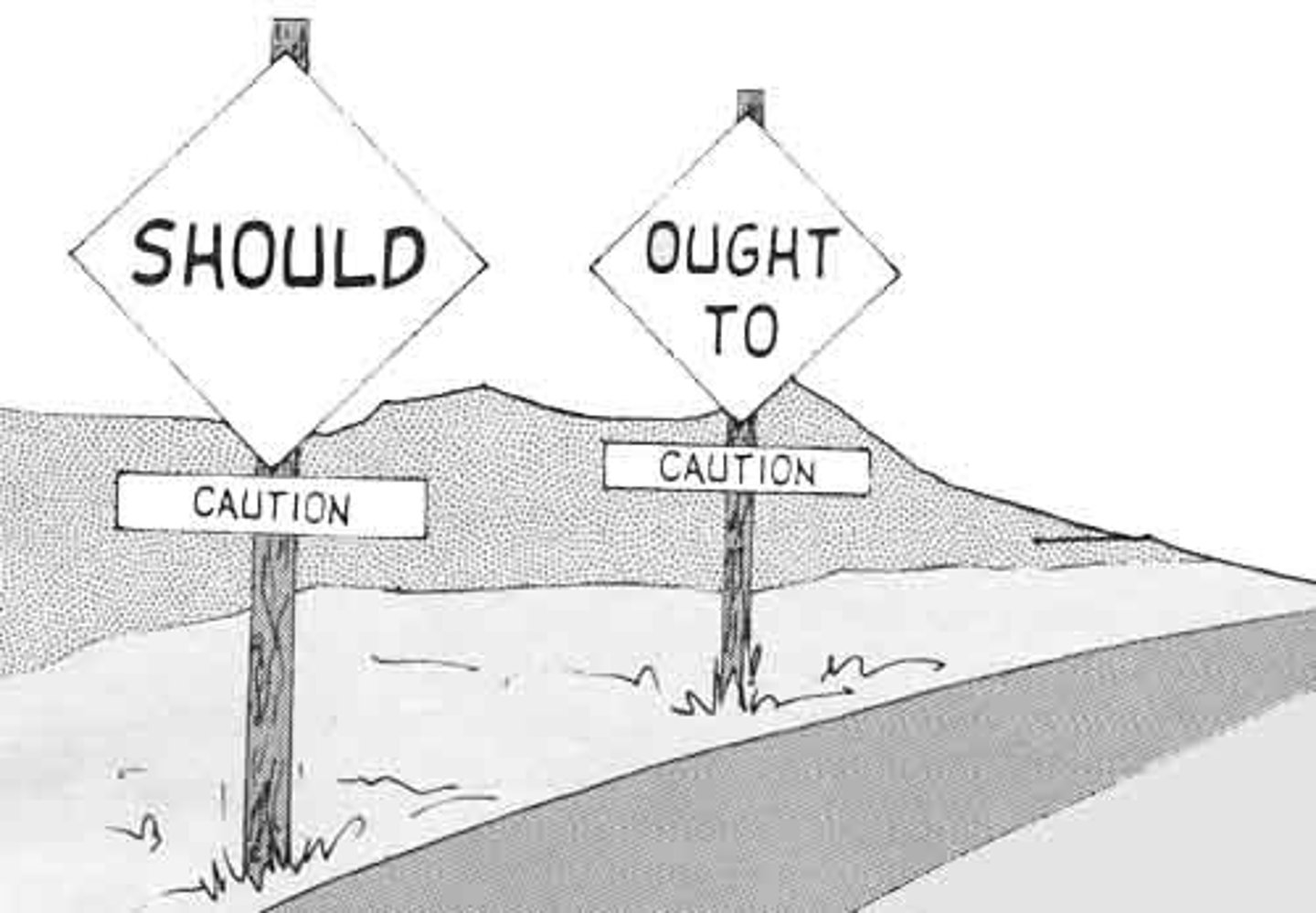
Why is Kantian ethics deontological?
It is based on duty

How does acknowledging moral duties help us develop moral rules ?
Rules bind us to our duty.
Teleological aspect to Kant's theory
Doesn't entirely ignore consequences of our actions.
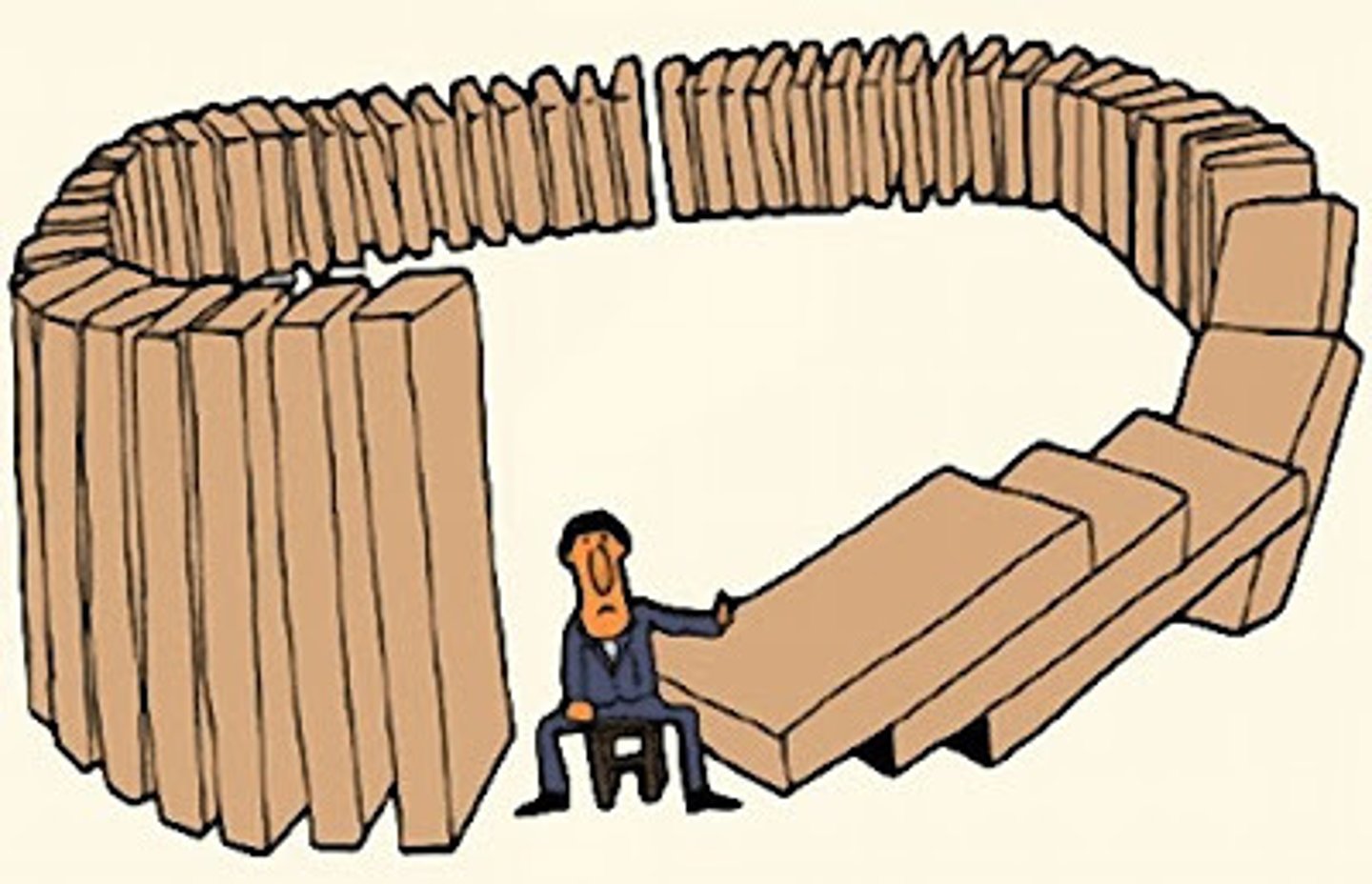
Teleological: Doesn't entirely ignore consequences of our actions
The consequences have to be worked through before we can tell whether the principle conforms to the Categorical Imperative.

How does duty give a single focus to ethics?
Duty overrules inclinations or consequences involved; the aim is not be happy, but to be worthy of being happy.

Examples of Categorical Imperative
- Do not murder
- Do not steal
- Do not lie
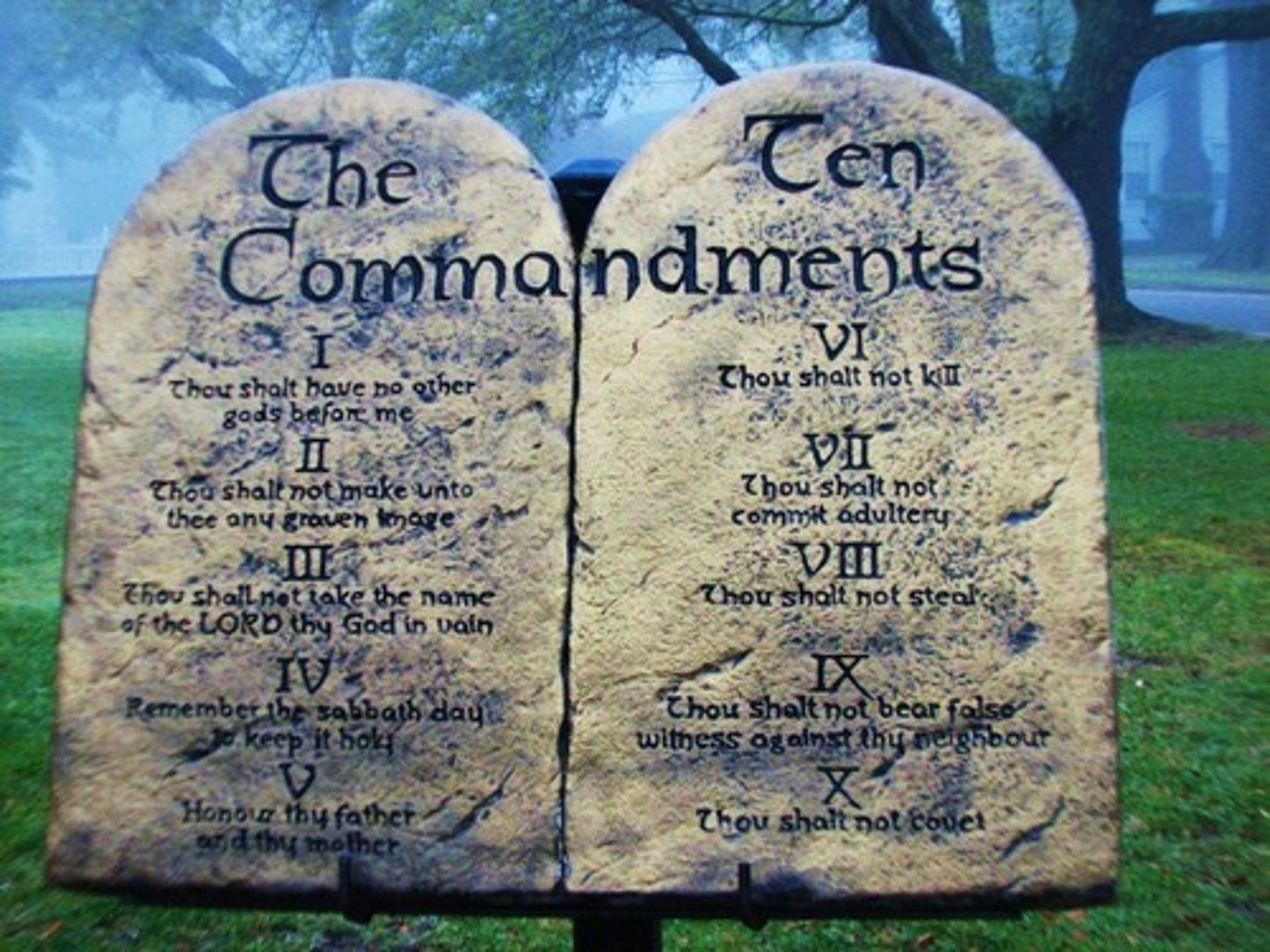
Summum Bonum
The highest, most supreme good
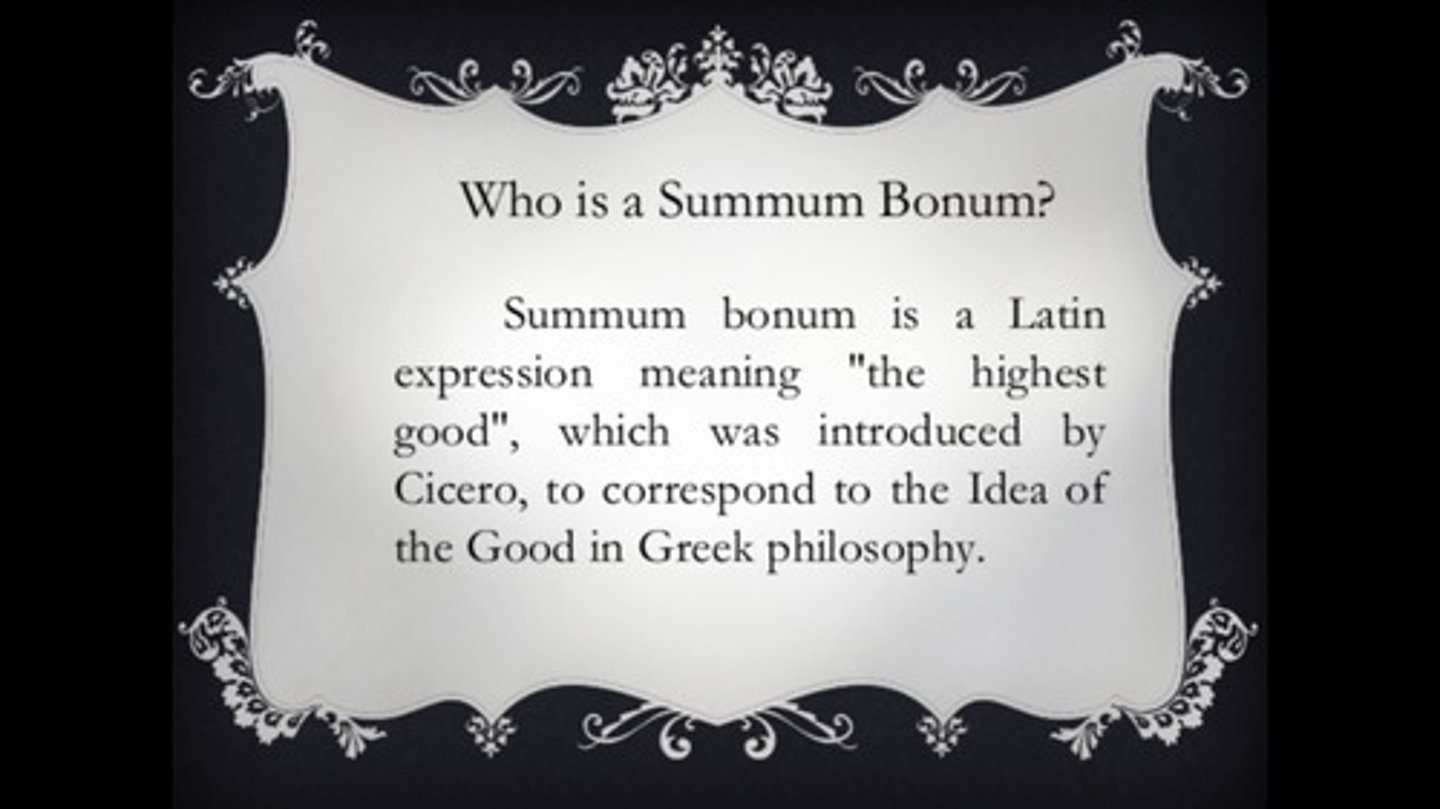
Kant's views of happiness
- One should not strive to be happy, but to be worthy of happiness
- Virtue has to be the starting point
- Morality is internal
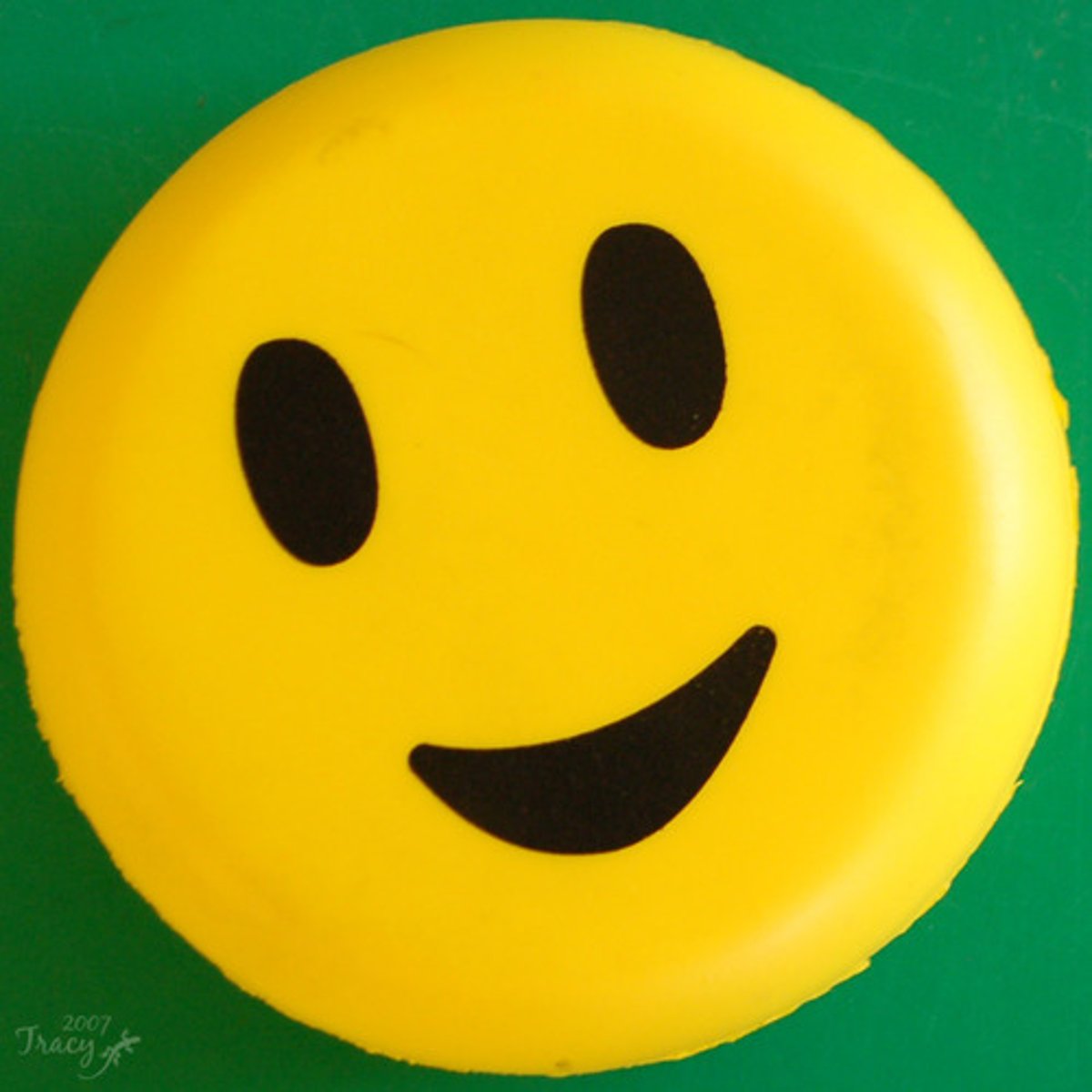
Virtue has to be the starting point
Because it is the virtuous person who possesses the "good will".

Morality is internal
It is an ideal we need to believe in before we can act morally.

"Ought implies can"
If the good will tells us we "ought" to do our moral duty, this implies that we "can" do it.
Three Postulates of Practical Reason
God, Immorality and Freedom
What are the Three Postulates of Practical Reason?
Three important assumptions about the world

Postulate
A statement that is accepted as true, without proof.
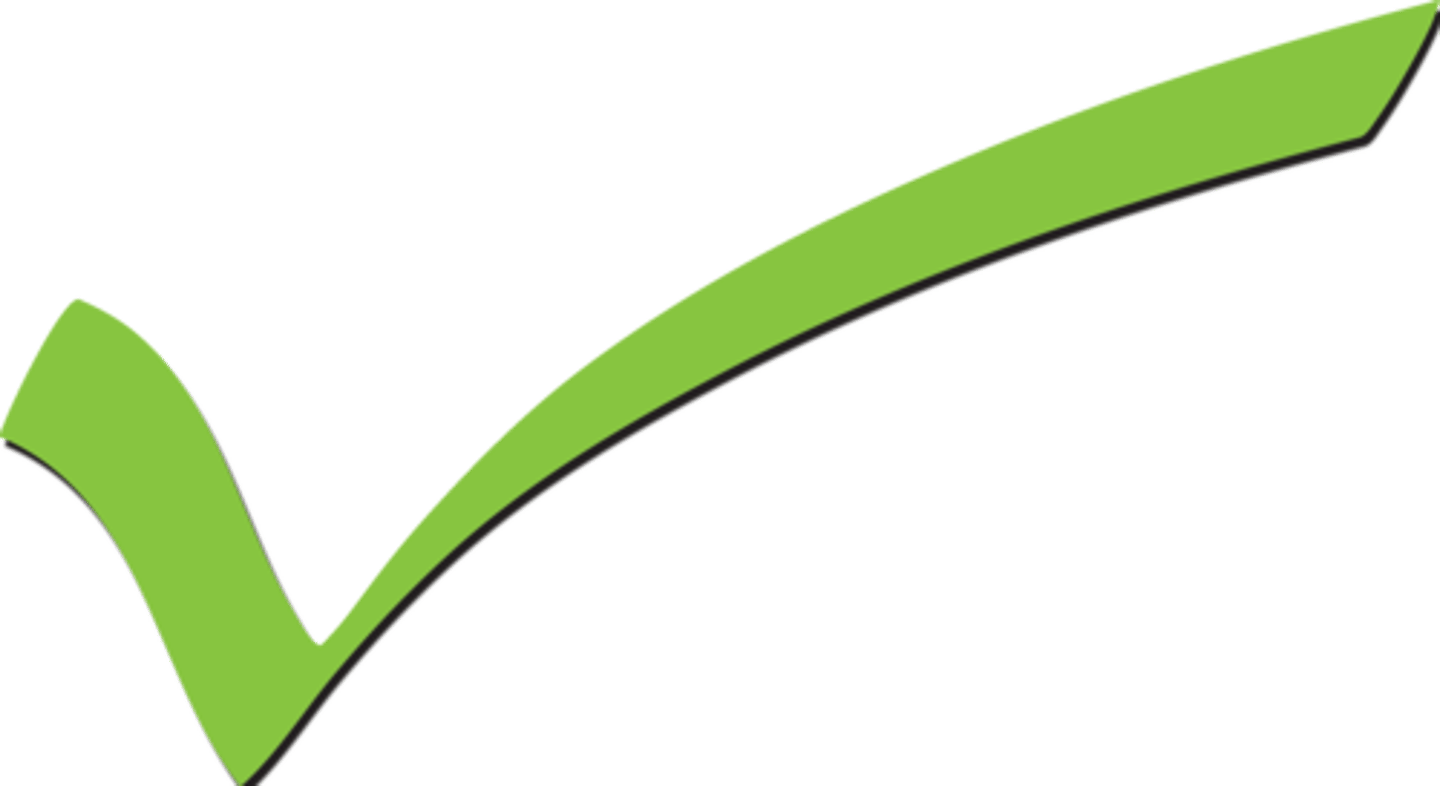
Three Postulates: God
- God does not command moral laws, they arise from reason and the good will
- Only God can provide immortality, so God exists to guarantee the Summum Bonum.
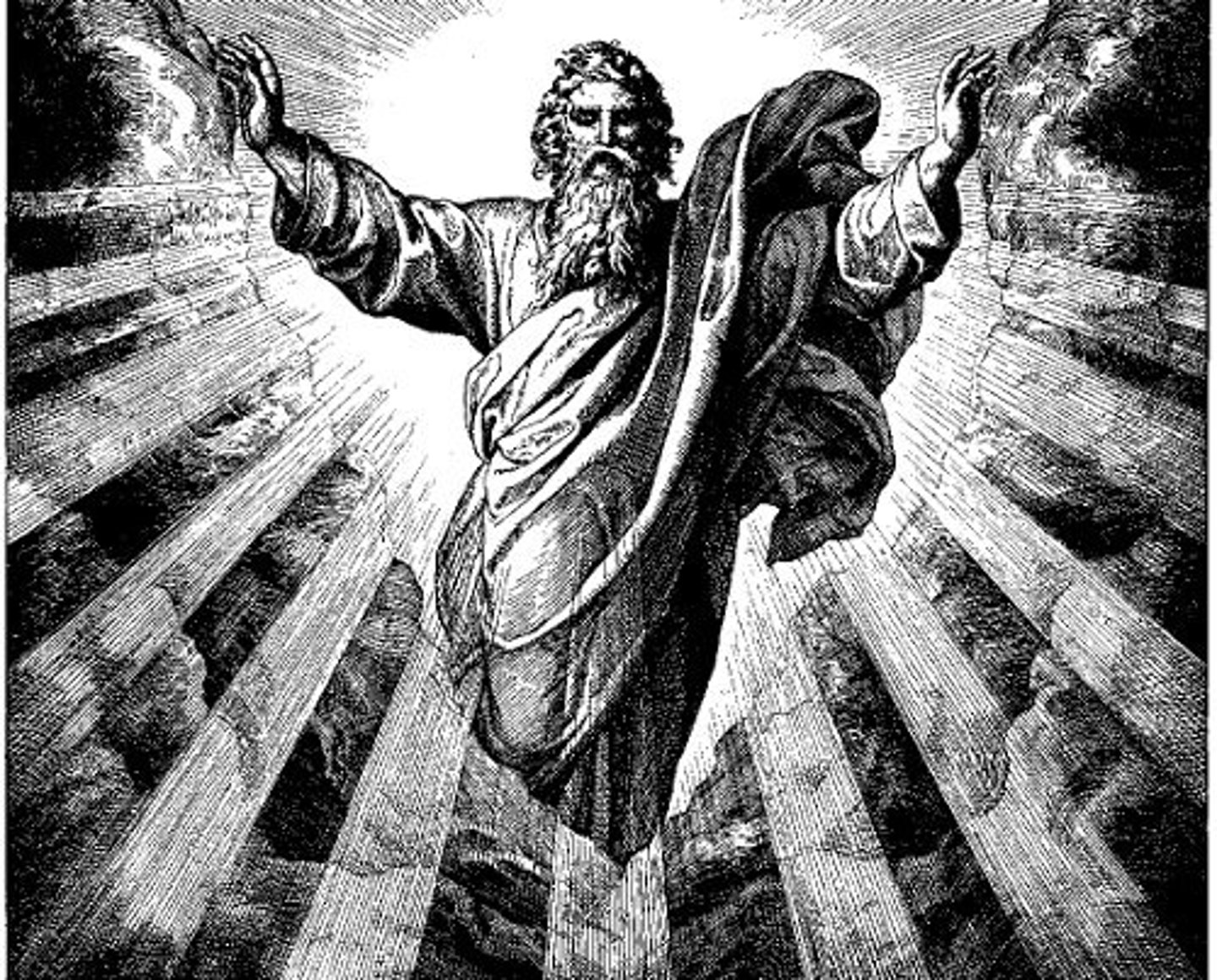
Three Postulates: Immortality
- Perfect happiness cannot be achieved in this life.
- Therefore there must be immortality in which the Summum Bonum can be achieved.

Three Postulates: Freedom
- Freedom of the will = Core of morality
- Freedom = A priori (necessary) assumption.

Why is freedom an a priori assumption?
If we are not free, morality makes no sense, so we should give up on it.
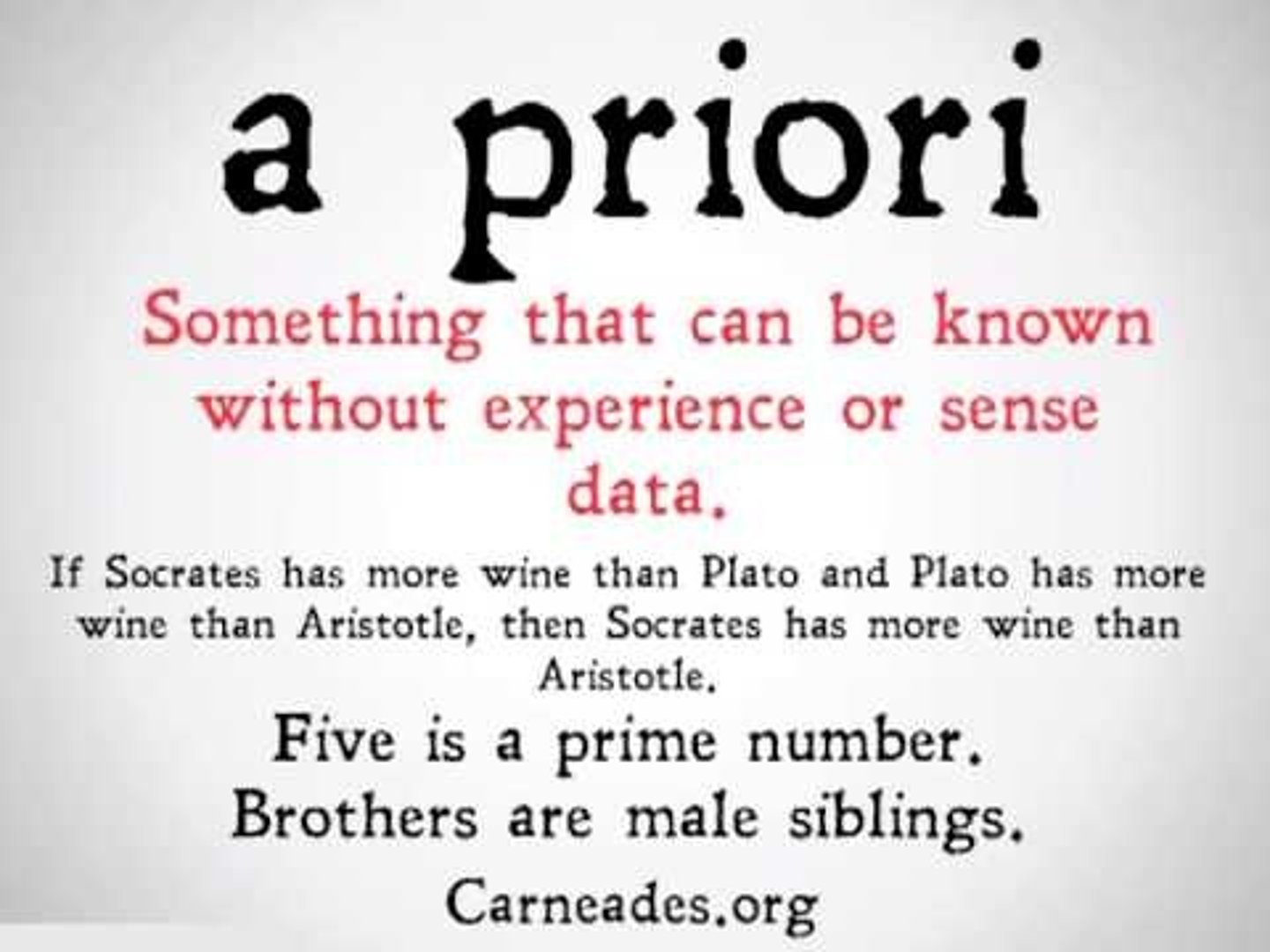
Still learning (1)
You've begun learning these terms. Keep up the good work!